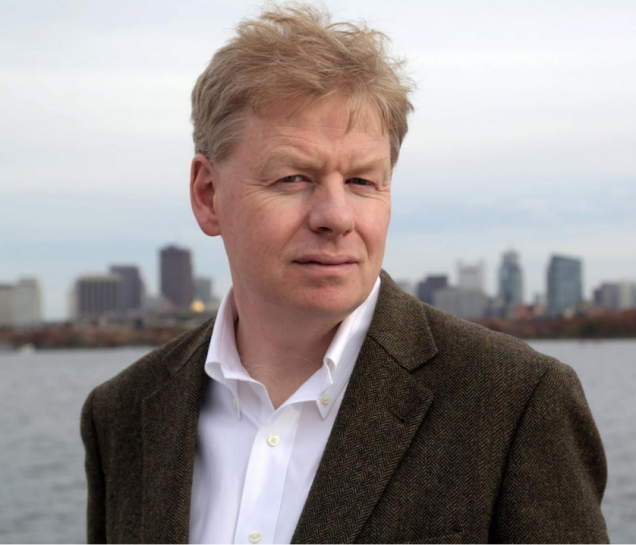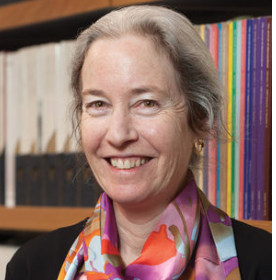Remarks from Principal Investigators

“Despite tremendous advances in robots, humans and animals are more effective at navigating. State-of-the-art autonomous systems are still limited in that they are programmed for specific objectives in well-structured environments. Our research focus is to create a new class of neuro-autonomous robots, inspired by the fusion of multiple sensor modalities, spatial awareness, and spatial memory inherent in biological organisms. We will develop the ability to make behavioral observations of animals and humans, correlate behavior with activity in the brain, and use the data to design control policies that will guide autonomous systems. These systems will have unprecedented capabilities for self-learning and on-the-fly adaptation to environmental novelty, enabling their ability to pursue complex goals in highly dynamic environments.”

“While there are some very exciting computational theories, computational neuroscience has not yet fully accounted for the mechanisms and the function of all these interesting experimental phenomena. This project offers an exciting opportunity to collaborate with engineering in order to provide the mathematical and theoretical framework necessary. Further, this project offers the potential for some major theoretical breakthroughs for understanding cognition. While we will be focusing on navigation, elements of the algorithms we will develop could apply to a broad range of different types of intelligent behavior.”

“As a roboticist, I am excited about combining insights into how scientists think the brain might work to make better robots and to exploit some of the recent advances in things like deep learning and object detection. Taking the best from biologically-inspired models and combining those with real robot experiments is very exciting. The potential impact of the research is awe-inspiring. We understand now that memory formation is coupled to how an animal or human knows their position; there is a coupling there that perhaps could one day lead to better insights that ultimately might lead to better therapies for memories.”

“The MURI project is a fantastic opportunity for us to combine knowledge and expertise across disciplines. As a neuroscientist, I find it fascinating to think about the speed and flexibility of human cognition, and I’ve learned a tremendous amount about what state-of-the-art robotics can and cannot do from my interactions with roboticists on the MURI team. Spatial navigation is an ideal test bed for thinking about spatial awareness and problem solving across animals and humans, and I’m looking forward to working with the engineering and neuroscience faculty here at BU as well as with our robotics colleagues, John Leonard and Nick Roy, at MIT.”

“My career has been devoted to systems and control engineering. The research that we’ll be doing under this MURI is focused on the most interesting control system out there–the brain and its coordination of the neurosensory and neuromuscular systems in the body.”

“I am excited to lead the MURI research efforts around the video recordings of animals and their navigation behavior, as we monitor their brain activities.

“The Australian team is thrilled to participate in this project. We look forward to a fruitful and exciting collaboration with our partners at Boston University and MIT.”